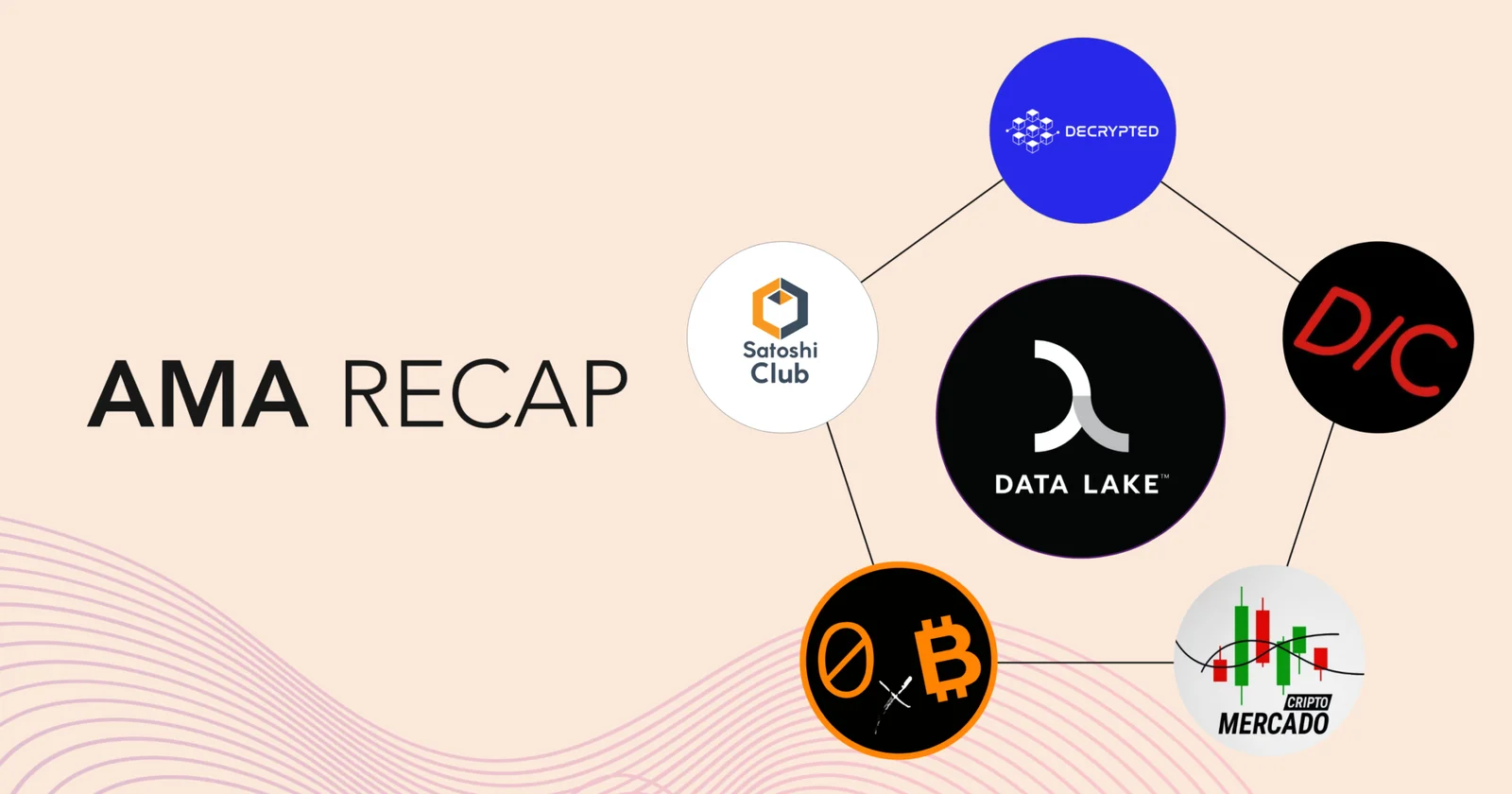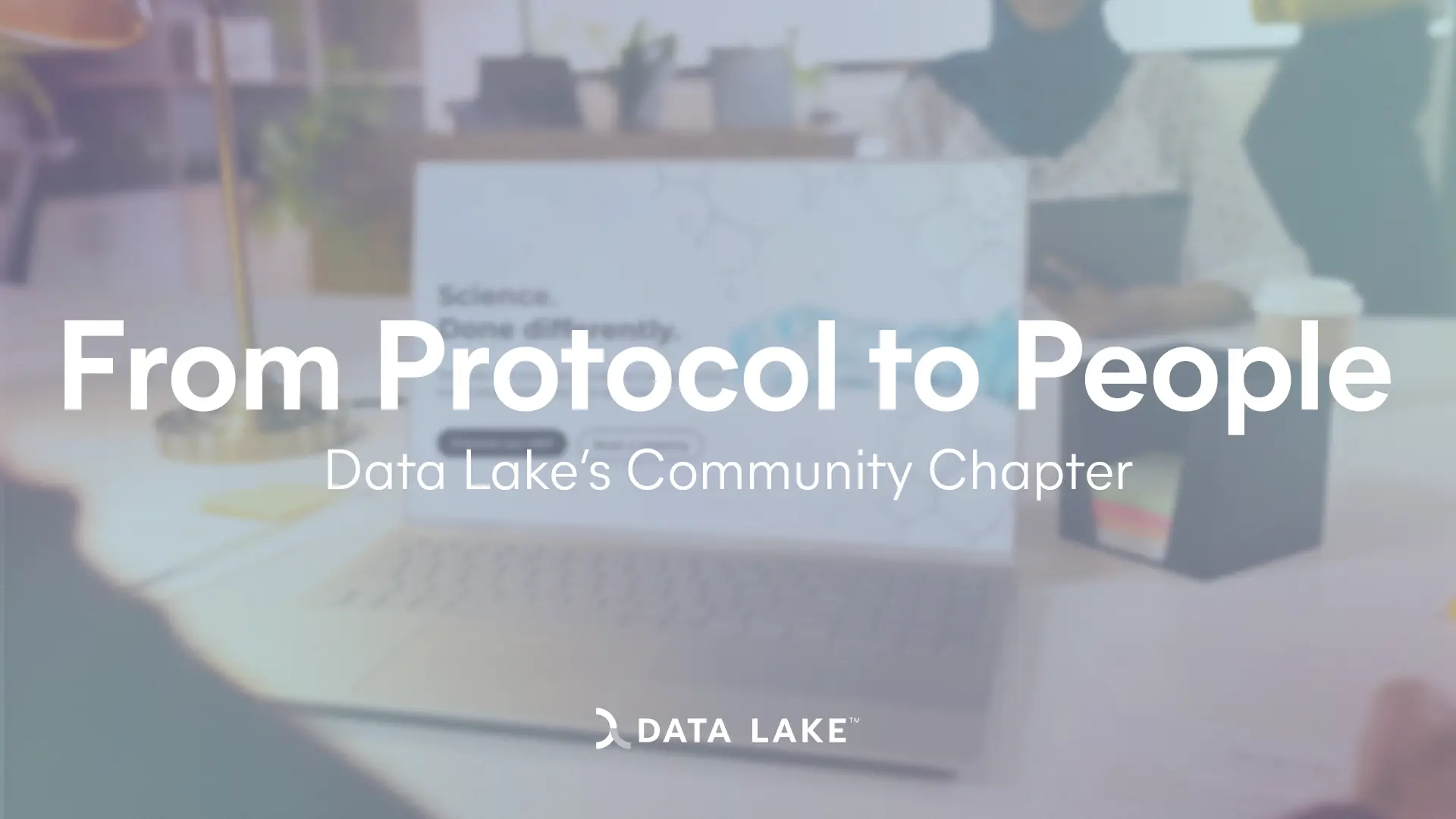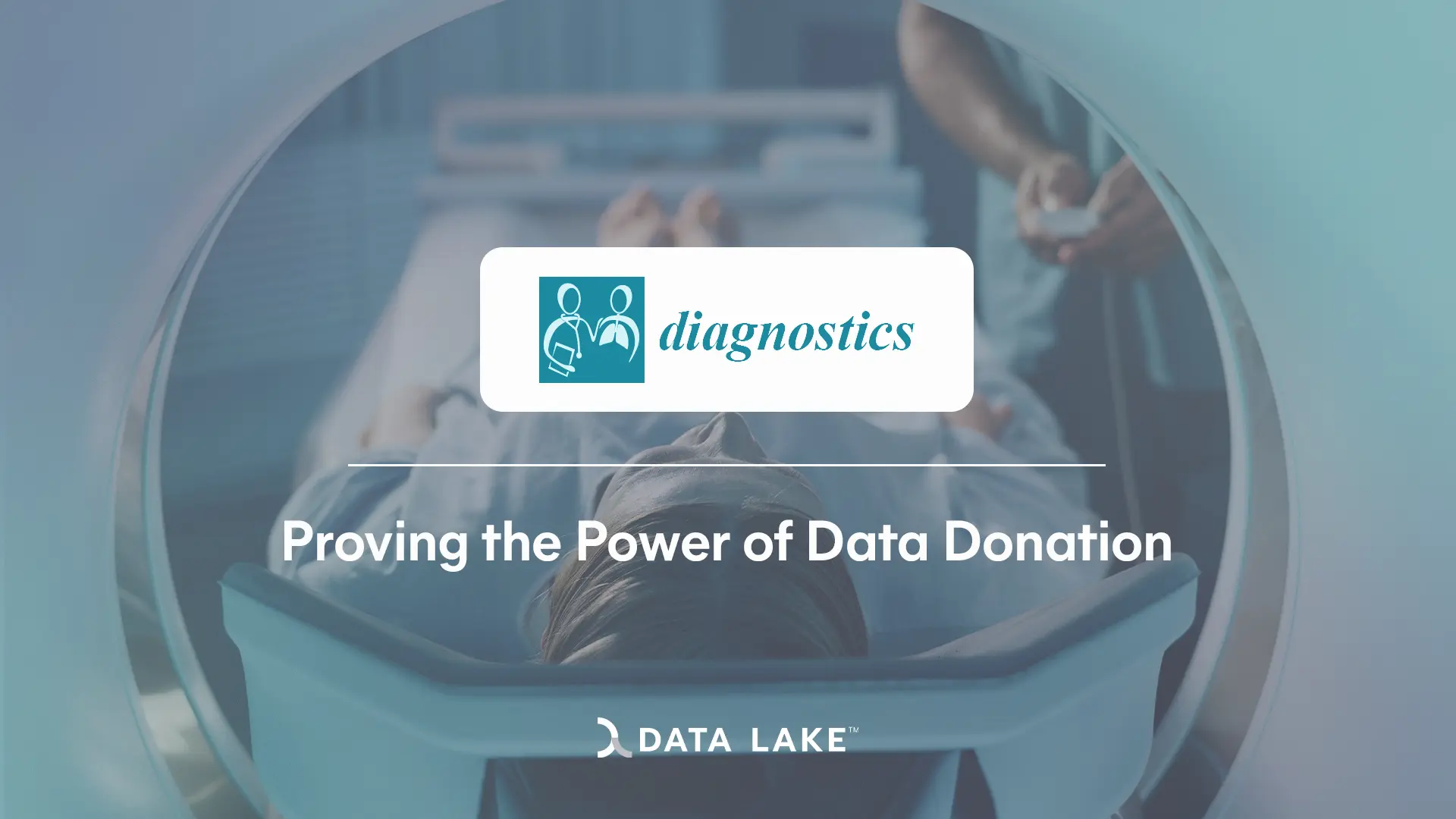Educating people about the potential of medical data for the advancement of medical science, as well as on the possibility for the public to gain access to and donate their data to research, are fundamental parts of our mission to unlocking medical data for R&D.
During the past weeks, we have had the pleasure to introduce Data Lake in several blockchain-focused Telegram communities and YouTube channels. Through video reviews, interviews held by the chats moderators as well as questions from the public (in an AMA format), we have shared the milestones achieved so far, explained what Data Lake is currently working on, and what we hope our project will become in the coming months and years. We were featured in communities in three different languages, reaching more than a hundred thousand people from all over the world!
The participation and the enthusiasm from the public has been higher than expected. After the events, these communities have also published recaps of the interviews held with us. Feel free to check them out at the following links and like/share them on social media!
.
🇬🇧 AMA with Satoshi Club
https://esatoshi.club/event/data-lake-transcript
.
🇬🇧 AMA with Decentralized Club
https://decentralizedclub.net/ama-recap-with-data-lake/
.
🇮🇹 AMA with Decrypted Italy
https://medium.com/@decrypted_ita/15-ama-con-data-lake-98ae7ab43cdc
.
🇮🇹 AMA with 0xBusiness
https://medium.com/partnerships-0xbusiness/ama-25-data-lake-tra-web3-e-commissione-europea-ac2f5864a11d
.
🇪🇸 YouTube video review with Mercado Cripto
https://youtu.be/kC_lilNtN8E




